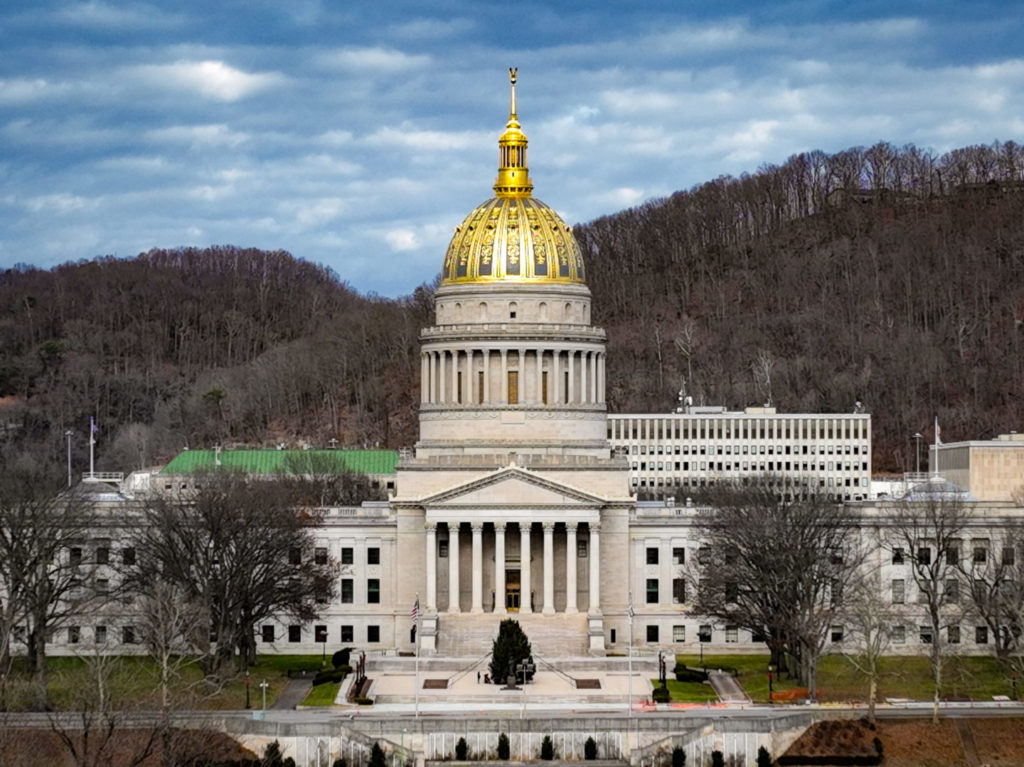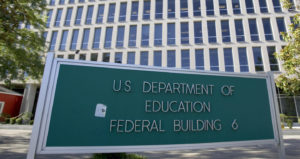West Virginia’s Amendment 4 would hold appointed state education board accountable, supporters argue
Every government agency in West Virginia is required by law to submit new rules and regulations to state lawmakers for approval, with one glaring exception: the Department of Education.
However, a…

Every government agency in West Virginia is required by law to submit new rules and regulations to state lawmakers for approval, with one glaring exception: the Department of Education.
However, a proposed amendment on the Nov. 8 ballot would change that.
Amendment 4 would require the West Virginia State Board of Education to submit changes in rules and regulations to the Legislature for final approval. Supporters say it will increase education transparency; opponents worry lawmakers are meddling.
“[The board is] an appointed body. They’re not an elected body so they’re not accountable to the voters, where the Legislature is accountable to the voters,” argues Sen. Jack Woodrum, R-Summers. “What this does is provide accountability. Any organization that makes rules that have the effect of law should be accountable to the voters.”
Dale Lee, president of the West Virginia Education Association, the state’s largest public teachers’ union, opposes the amendment, calling it “just another way of our politicians trying to erode our public schools with their own private agenda.”
But House Majority Leader Amy Summers R-Taylor, 49 says opponents just don’t want to be held accountable. “What you find is, people don’t like accountability; they don’t like you to question what they’re doing.”
Senate Education Committee Chairwoman Amy Grady R-Mason, a 15-year public school teacher, supports the amendment, hoping it will foster better communication between the department and Legislature. Grady participated in a 2018 teacher strike, an experience that became the catalyst for her running for office in 2020. But then she left her teachers’ union after union representatives opposed her school choice position.
“When it comes to education, it should just be black and white: It should be, ‘Is this good for students or is it not?’” says Grady, arguing the amendment shouldn’t be politicized. “It can’t be an ‘us versus them’ kind of mentality.”
In the political backdrop is the state’s Hope Scholarship Program, signed into law by Gov. Jim Justice last year, and recently cleared by the state’s Supreme Court. The school choice program provides up to $4,300 to qualifying families to “allow parents and families to utilize the state portion of their education funding to tailor an individualized learning experience that works best for them,” according to the program’s website.
Those opposed to the school choice initiative are generally opposed to Amendment 4, saying they worry lawmakers will take funds from public schools.
Early voting on Amendment 4 opened Oct. 26, with final votes to be cast Nov. 8.



